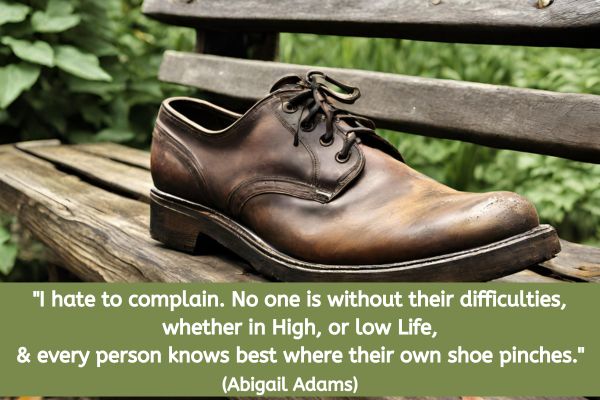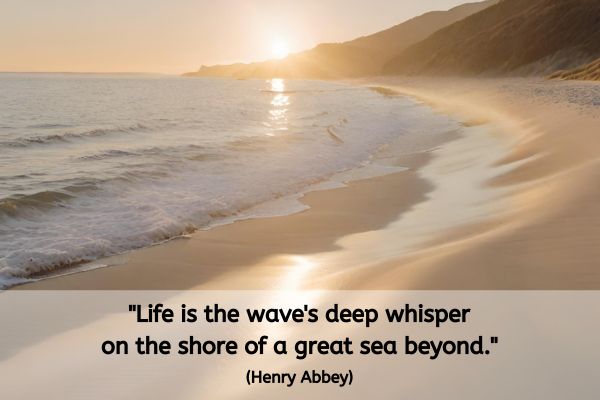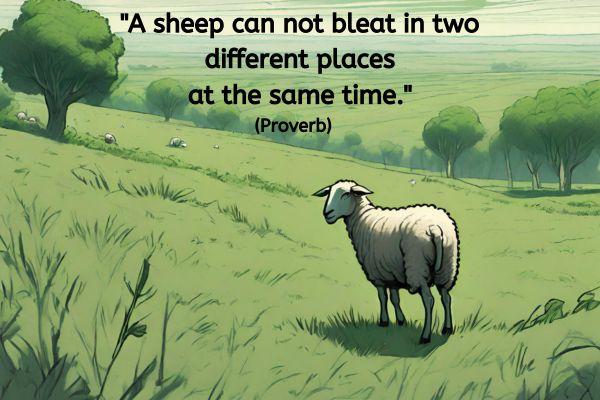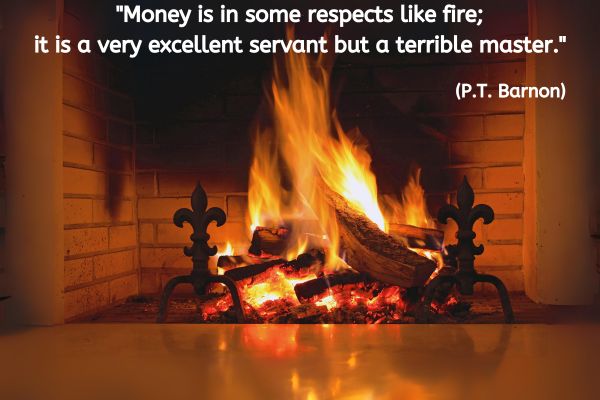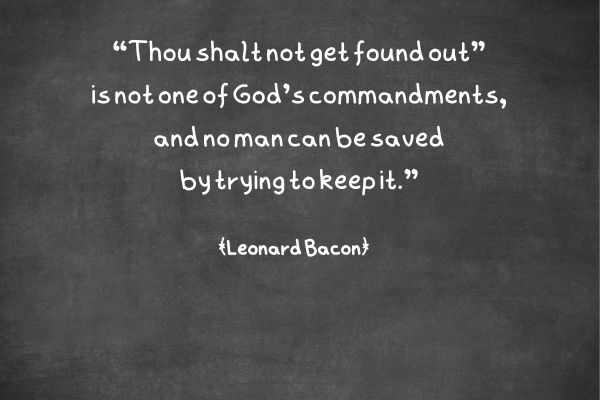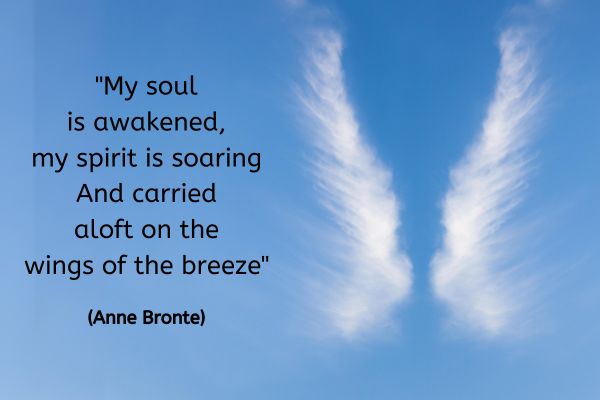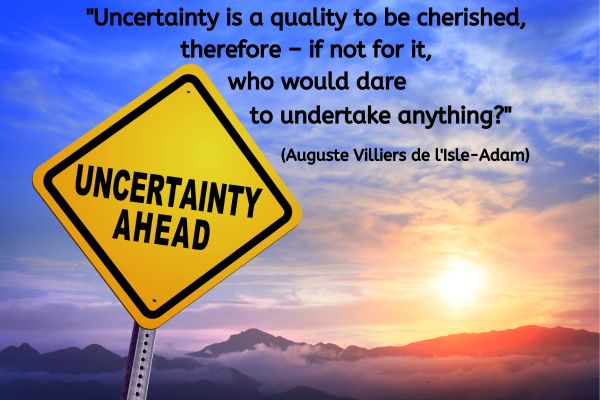Today’s quote is:
“Uncertainty is a quality to be cherished, therefore – if not for it, who would dare to undertake anything?” (Auguste Villiers de l’Isle-Adam)
Uncertainty is an inherent part of the human experience. From personal decisions to professional endeavours, we constantly navigate a sea of unknowns. There are some uncertainties that you may be very comfortable with not knowing yet in another situation the thought of not being certain about an outcome, and you feel stressed and pressure.
So what’s the difference? If it was the uncertainty itself that was the cause of stress and pressure, then surely that should apply to any situation where you didn’t know what an outcome would be.
We experience the feeling of our thinking, so the stories we have in our head, either consciously or unconsciously, impacts how we feel. If we have, innocently, created a whole host of rules around the importance of being certain about some situations, then we often also think that the solution to this is to use our intellect to worry about the situation until a solution appears. Though, ironically, that’s also usually a state where we are our least creative.
The fear of the unknown can paralyse us, trapping us in a cycle of indecision and inaction. We cling to the familiar, seeking comfort and security in the known, even if it means sacrificing our dreams and aspirations.
Indeed, uncertainty often carries a weight that can leave us feeling uneasy and unsettled. We often seek stability and predictability in our lives, yet it’s in the embrace of uncertainty that we find the space for growth and discovery.
Consider, for a moment, the times in your life when uncertainty has led to unexpected opportunities or insights. Perhaps it was a career change that opened doors to new passions, or a spontaneous decision that led to meaningful connections. These moments remind us that uncertainty, far from being a barrier, is often the gateway to new possibilities.
What if, uncertainty is not something to be feared, but a natural part of the ebb and flow of life? It is the canvas upon which our experiences unfold, inviting us to dance with the unknown. You may have heard the phrase “being comfortable with being uncomfortable”, I like to think of it more as not resisting a feeling of being uncomfortable.
When we approach uncertainty with an open mind and heart, we create space for creativity and innovation to flourish. Rather than viewing uncertainty as a threat, we see it as an opportunity to explore, experiment, and evolve. We let go of the need for control, surrendering to the flow of life with grace and humility.
Moreover, embracing uncertainty allows us to cultivate a deeper sense of resilience and adaptability. Instead of resisting change, we learn to navigate the twists and turns of life with courage and grace. We recognize that every challenge is an opportunity for growth, and every setback is a stepping stone on the path to greatness.
It’s may be worth mentioning at this stage that so often we view situations where there is uncertainty involved as being an all or nothing involvement – sometimes you can mitigate that uncertainty by taking smaller steps so you feel that you can play and explore with finding ways that work for you in that situation.
Many view the prospect of going from an apparently reliable regular employed salary to having a self-employed income as very uncertain. I’ve spoken to many over the years who find that fear of an uncertain income as being the thing that stops them from setting up their own coaching practice. I usually point out that it can be a gradual transition – building up a coaching practice alongside employment until you feel more comfortable expanding that further.
So how can we learn to embrace uncertainty in our coaching practice? It begins with cultivating a mindset of curiosity and exploration. Rather than seeking to eliminate uncertainty, we learn to dance with it, trusting in the innate intelligence of the coaching process. We let go of the need for certainty, embracing the unknown with an open heart and mind.
As coaches, we have a unique opportunity to model this mindset for our clients. We can create a safe and supportive space for them to explore their fears and uncertainties. It’s that openness to look at something a fresh, that invites a new perspective to emerge. By embracing uncertainty ourselves, we inspire our clients to do the same, empowering them to step boldly into the unknown and unlock their full potential.
In conclusion, uncertainty is not something to be feared, but can be a quality to be cherished. It is the fertile ground from which creativity, innovation, and growth emerge. By embracing uncertainty in our coaching practice, we open ourselves up to new possibilities and pathways forward. How does uncertainty look to you and how does that impact your coaching?.
About Jen Waller
Jen Waller is on a mission to support, nurture and encourage coaching skills and talents from non-coach to coach and beyond.
As an experienced coach and trainer, Jen is happy to utilise all skills at her disposal to assist clients from getting out of their own way and making a difference in the world with their coaching. Find out more about the support Jen offers here.
